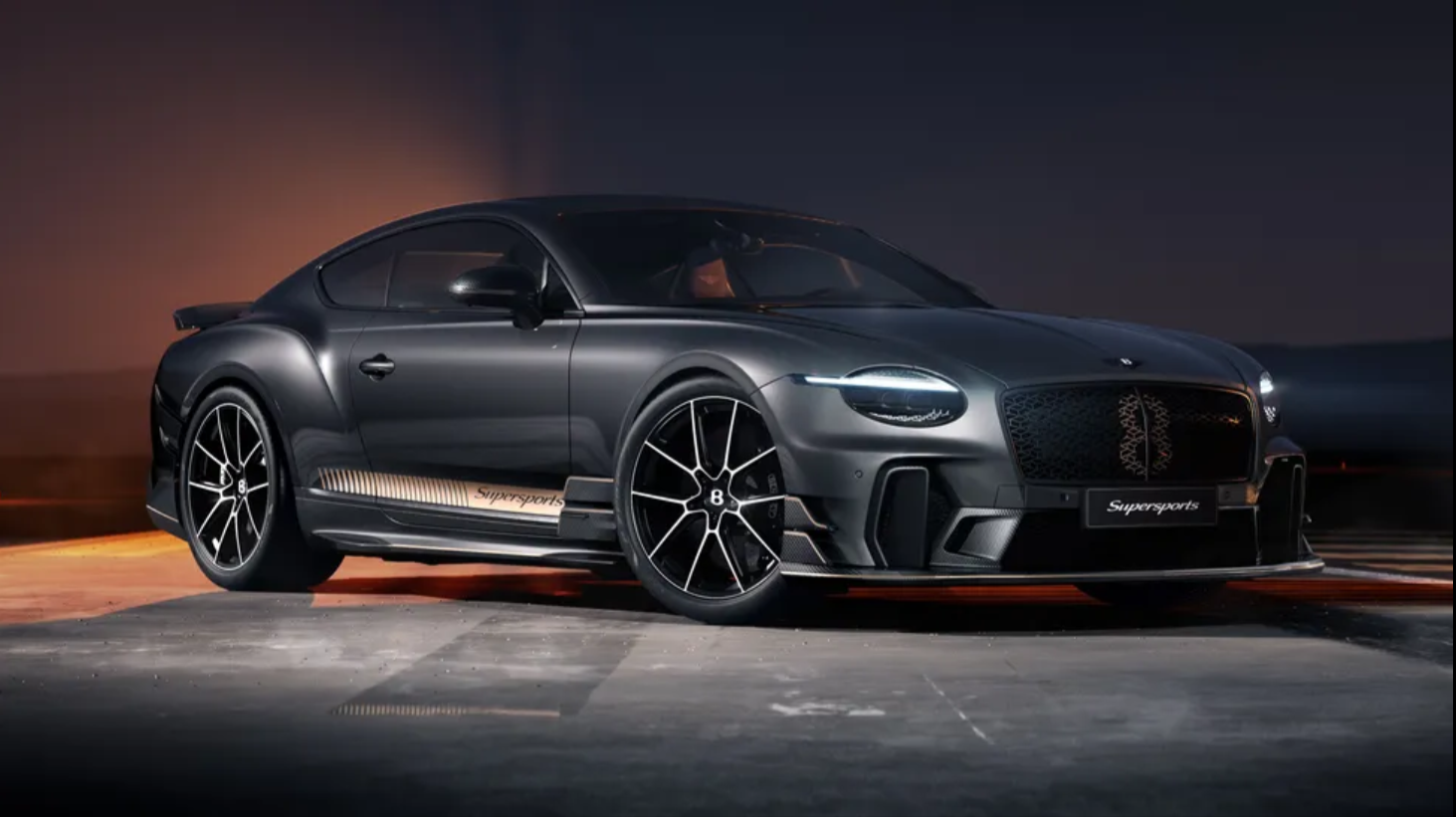In 2021, Audi made headlines by committing to a fully electric lineup by 2033. Fast forward to now, and the winds of change are blowing differently. Audi's CEO, Gernot Döllner, recently hinted that internal combustion engine (ICE) vehicles might not vanish as soon as planned. Speaking with Top Gear magazine, Döllner emphasized the need for "flexibility" amid evolving regulations and market conditions.
Döllner's statement comes as the European Union mulls over delaying its ban on new cars producing harmful emissions, originally set for 2035. Despite this potential delay, Döllner is clear about the long-term vision: EVs are the future. He underscored that to achieve CO2 neutrality by 2050, as outlined in the Paris Agreement, battery-electric vehicles are the only viable path forward. "If we as mankind believe we need a change in CO2–and look at the weather, we have to change–the only way is a battery vehicle," he stated.
While Audi pushes towards an electric future, it's also doubling down on plug-in hybrid electric vehicles (PHEVs). Future models will feature PHEV options as a bridge to full electrification. Döllner acknowledged that these partially electrified powertrains will stick around longer than initially planned, as the shift to pure EVs isn’t progressing as swiftly as anticipated.
Audi isn't alone in this recalibration. Porsche, part of the same VW Group, recently admitted the transition to EVs is taking longer than expected. The luxury sports car maker remains committed to having electric cars make up over 80% of its sales by the end of the decade, but this target now hinges on customer demand. The Cayenne, for instance, will keep its powerful V8 engine beyond 2030.
Bentley, another VW Group sibling, also adjusted its plans. Originally set to abandon ICE vehicles by 2030, Bentley now targets 2033. Additionally, Bentley’s first EV, initially slated for a 2025 release, has been delayed by a year due to platform and software issues.
Volvo is in a similar boat. Despite its 2021 announcement to go fully electric by 2030, the Swedish brand hinted that ICE vehicles might remain in the lineup into the next decade. CEO Jim Rowan stated that to cover all bases, further investments will be made in mild hybrids and PHEVs.
Mercedes-Benz, another luxury rival, also revised its ambitious plans. Initially aiming for PHEVs and EVs to comprise 50% of its annual sales by 2025, the goal is now set for the decade's end. Gas engines will power Mercedes models "well into the 2030s," despite earlier projections of going fully electric by 2030 where market conditions allow.
Even outside the luxury segment, the shift is slower than anticipated. Ford of Europe admitted its goal to sell only electric passenger cars by 2030 was "too ambitious." Volkswagen, Audi’s mainstream sister brand, is contemplating keeping the current-generation Golf with ICE power until the EU enforces the emissions ban. The ninth-gen Golf will be electric-only, but the gas-fueled Mk8 will coexist for many years.
Toyota, the world's largest automaker, is notably skeptical about a full transition to EVs. Chairman Akio Toyoda predicted that electric vehicles would never exceed a 30% market share and confirmed ongoing development of new inline-four engines. Toyota recently allied with Mazda and Subaru, emphasizing their long-term commitment to ICE technology with a focus on hybrids and carbon-neutral fuels.
These are undoubtedly challenging times for automakers, possibly the most difficult ever. On one hand, stringent regulations compel companies to invest heavily in EVs to reduce fleet emissions and avoid hefty penalties. On the other hand, electric cars remain significantly more expensive, and charging infrastructure is still lacking.
As a result, many consumers either hold on to their gas cars or opt for new ones. If EVs are indeed the future, ICE vehicles are a necessary bridge to fund the development of a zero-emission lineup. As it stands, the automotive world is navigating a delicate balance between tradition and innovation, ensuring the journey to an electric future isn't without a few combustion-fueled pit stops along the way.






.jpg)


.jpeg)

.jpeg)
.jpeg)

